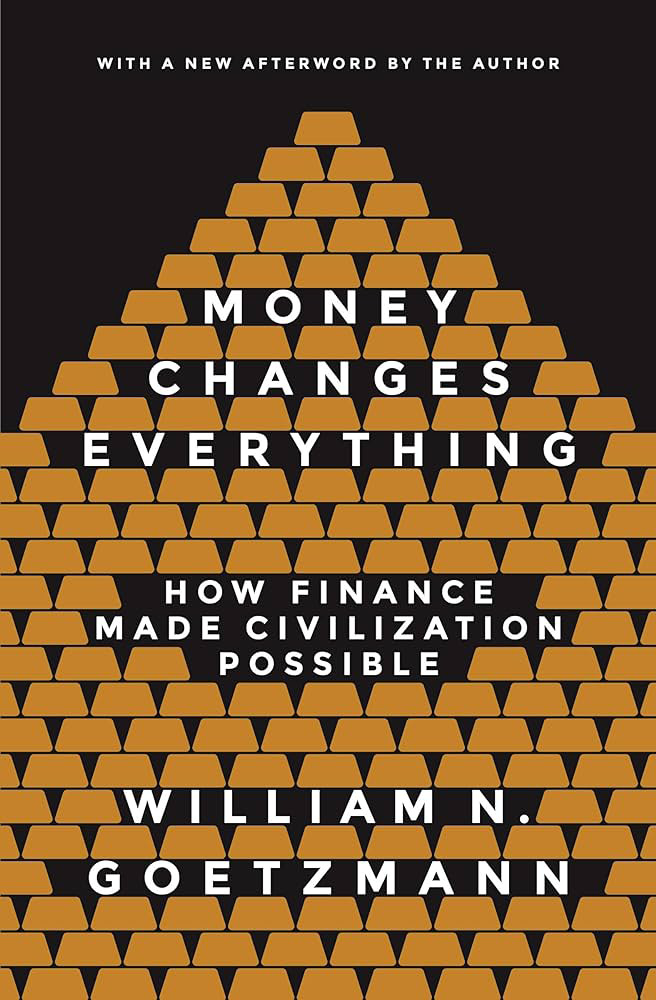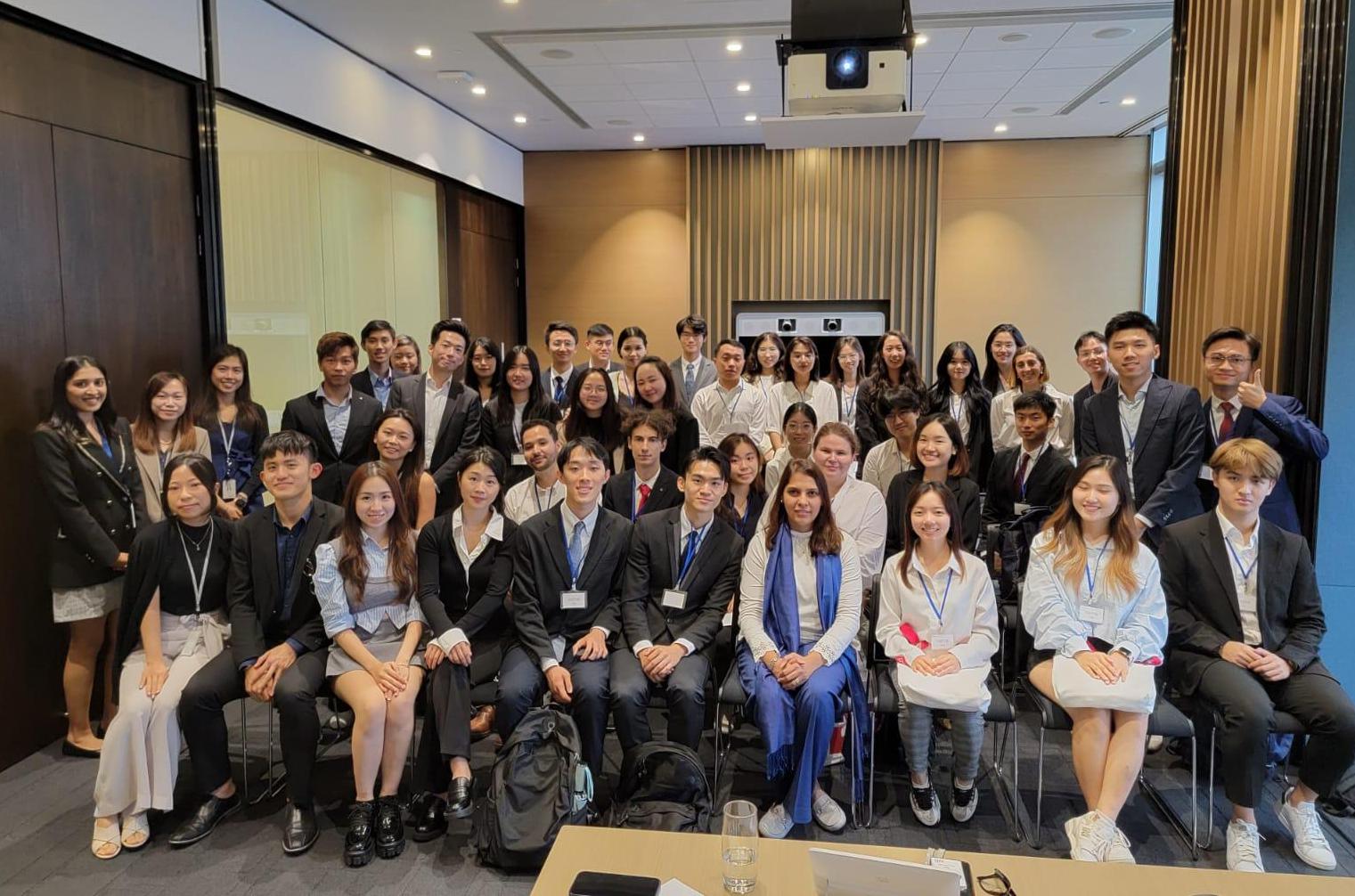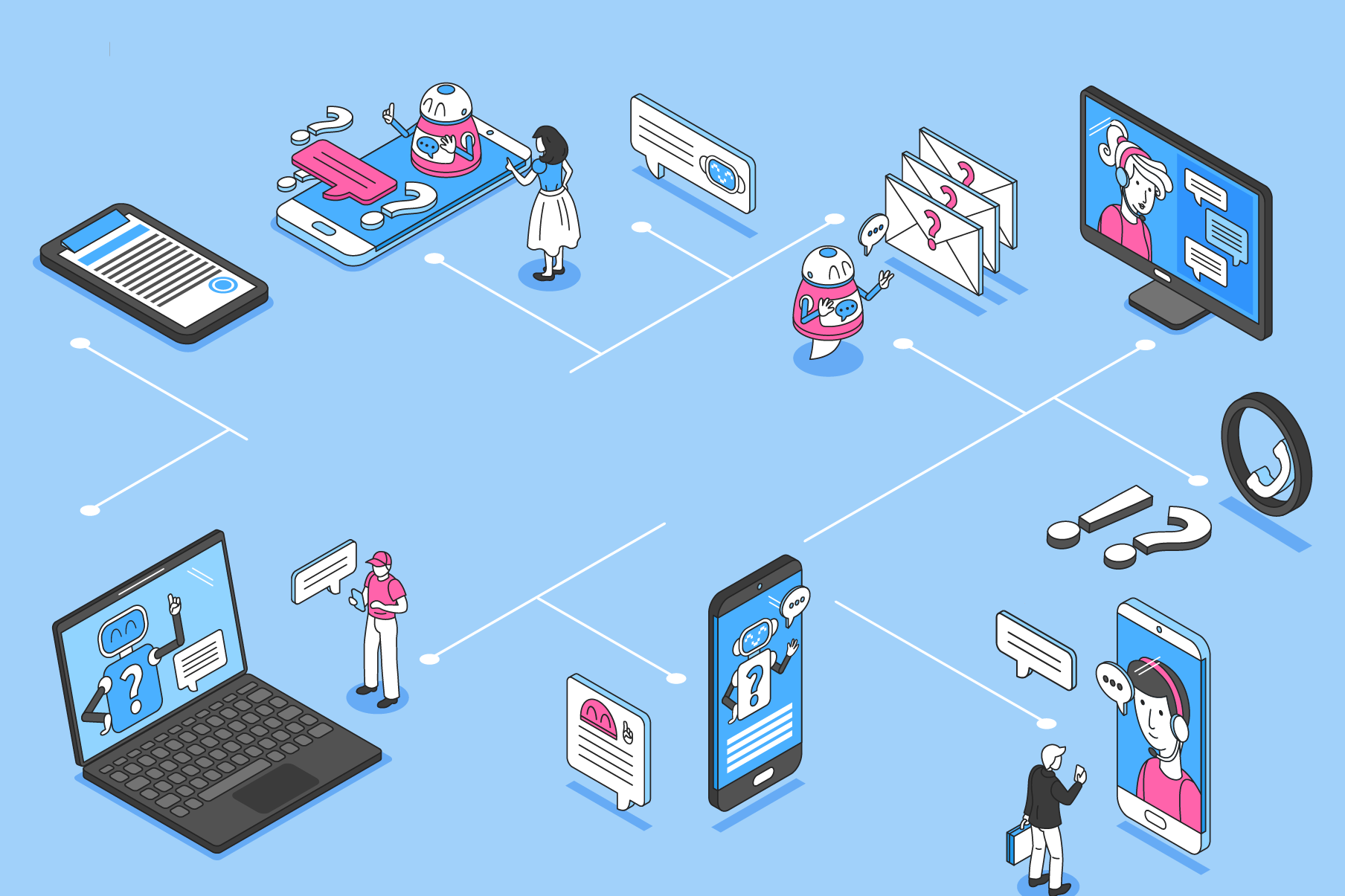William N. Goetzmann is the Edwin J. Beinecke Professor of Finance and Management Studies and Faculty Director of the International Center for Finance at the Yale School of Management. He is an expert on a diverse range of investments. His research focuses on alternative investing, factor investing, behavioral finance, financial history and the art market. In the interview with
PKU Financial Review, Professor Goetzmann states that, unless focused on “is finance good or is finance bad”, it's simply a way of doing things, a way of achieving things.
PKU Financial Review: For the first question of this interview, we want to extend from your masterpiece “Money Changes Everything: How Finance Made Civilization Possible”. Our understanding to the core idea of this book is "finance has steered the course of history. It is a force that has long shaped human civilization." Now in the age of artificial intelligence, how do you view the impact of AI on the financial system? Will it make the power of finance even greater?
William N. Goetzmann: That's a wonderful question. I've been playing with AI for quite some time and I use it as a research tool, and I'm sure everybody in the financial system that works with information also does the same. I see it as an information tool. The markets themselves have a process by which information is aggregated into prices, and my first thought in response to this question is that AI will help this process of price discovery. My guess is that it's going to make price discovery process more efficient. So that would be something that would be beneficial to everybody. Of course AI is really a reflection of our existing knowledge and our past culture and things that have been mostly written down, as opposed to things that are implicit in our cultural exchange and interaction. What's missing from AI at this point is an understanding of the subtleties of the difference between me writing you an email in response to questions versus us talking through zoom, and being able to get a sense of additional implied communications. So at this point, AI is pretty simple. Who knows whether it's going to take the next step into the more sophisticated realms of social interaction and social and cultural knowledge.
PKU Financial Review: Finance has definitely made our world a better place, but after watching Nolan’s new movie Oppenheimer, I felt that on the one hand, modern science has led us into a new era, but on the other hand, it is accompanied by uncertainty, destruction, and ethical dilemma. I guess to some extent it is the same with the development of finance. We see economic crisis, financial bubbles, income inequality and so on. So how do you see the dual sides of finance?
William N. Goetzmann: Finance has been criticized since the earliest evidence of finance. For example, when a borrower can't pay, then it creates a difficult situation, and that goes back 4,000 years at least. I prefer to think about finance as a technology as a set of tools, and you can use them positively and you can use them negatively. So unless focused on “is finance good or is finance bad”, it's simply a way of doing things, a way of achieving things, and I believe it's much better to separate the emotional content that most people have with respect to finance from what it actually does.
Because it's easy to demonize capitalism. Capitalism is a system that creates all these problems. Capitalism is not the same thing as finance. You could think about capitalism as a social structure as opposed to a financial structure. That's the way I like to think about it.
PKU Financial Review: We are also loyal readers of your father -the famous historian William H. Goetzmann. “Exploration and Empire” is one of the most important books for studying American history. He helped us understand that explorers and scientists were naturally a powerful collaborative group in developing the American West. Now, in the competition between China and the US on geopolitics, for promoting bilateral cooperation, which groups do you think can play a role?
William N. Goetzmann: My father would be so happy to hear you ask this question and thrilled. There's a legacy to his thinking and work about society and then civilization. And civilization he defined as a social structure that absorbs new knowledge as compared to a culture, which tries to maintain a set of norms. So the process of civilization is a process of discovering new things, trying to understand them and incorporating them into your own. Civilization is always on the in the process of change. So that's why my father was fascinated with the scientific component of exploration, instead of exploration being simply expanding the boundaries of your nation's state.
The curiosity and the excitement about acquiring knowledge of people in China is just infectious. That's just the sense I get when I visit China, and it’s based upon the appreciation of education certainly. Maybe it's because I'm an academic, and I interact with other people in universities who are excited by learning. So I hope to see more knowledge cooperation and there's so much to learn about the world. With the opening up of China from the 1980s till now, there are many Chinese scholars studying and working in the United States and US scholars working in China, and that has paid great dividends to both countries. I hate to think about China and the United States in terms of a competition. It's been so exciting to see the emergence of China in the last several decades as an important contributor to the world. I'm still an optimist about the relationship between China and the United States.
PKU Financial Review: We are very impressed by the paper "Crash Narratives" that you and Professor Robert Shiller collaborated on. Investors use narratives to form beliefs and narratives often invoke causal relationships between sequences of events. It seems that the U.S. stock market has emerged from the collapse of the COVID very strongly. However, still many American media are often full of worries about the future. So how do you view the current US stock market from the current various narratives?
William N. Goetzmann: The project began as a way to test some of my colleague Shiller's theories about the important role of narratives that is stories in conveying economic beliefs. We were particularly interested in narratives around financial crashes and crises, because we have a hypothesis that people focus a lot on crises to the exclusion of a lot of other information.
For example, if the stock market gets sort of volatile, people might suddenly think oh my god maybe we're going to have a crisis like the financial crisis of 2008. Their mind immediately jumps back in time to a specific time period. Now there are problems that if you ignore all of the other time periods in between or the whole long-term history, you're ignoring a lot of useful statistical information that could become a guide for forecasting the path of the stock market. So this tendency to jump towards historical events and take the narrative from those crash periods. We think it is something that can create problems and that itself could stimulate more speculation and more stepping back from the stock market. It could stimulate activities that are not informed by the full set of historical data that a statistician would be wise to use.















